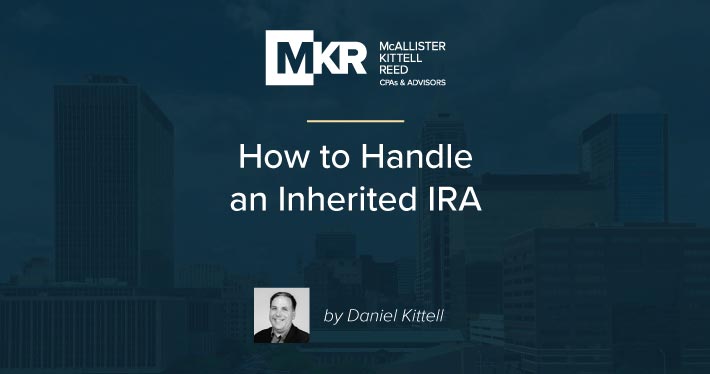Contrary to popular belief, estate planning isn’t just for the wealthy. Your estate includes everything you own, and it’s worth taking the time to plan for what will happen to it. Below we’ll go over steps you can take to be sure your money and assets are kept safe...







